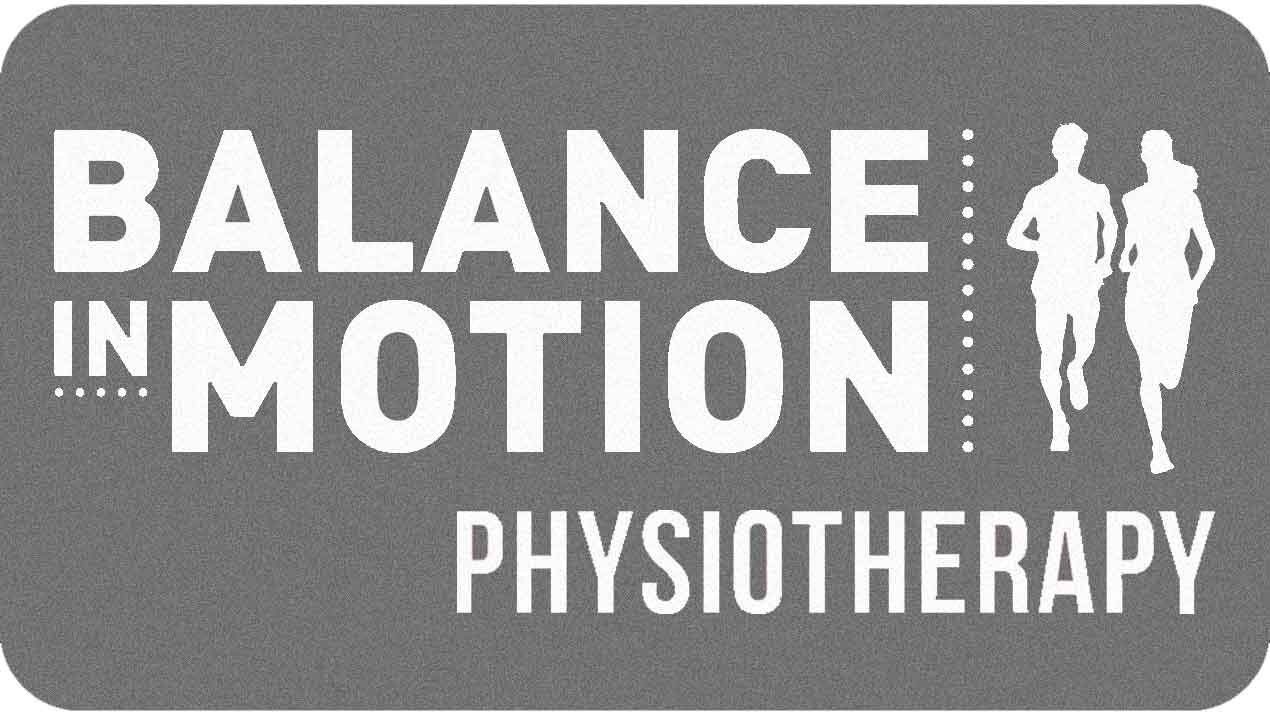Been Given the Shoulder Bursitis or Rotator Cuff Injury Diagnosis? Ask yourself these 4 questions
/Been Given the Shoulder Bursitis or Rotator Cuff Injury Diagnosis? Ask yourself these 4 questions
I recently did a very thorough course on the shoulder by one of the greatest shoulder Physios on the planet Jo Gibson. What I loved about it was how simple she made it. It was all about how to treat shoulder bursitis pain (and asking if this is even the key problem) and cranky rotator cuff shoulder injuries.
That’s the thing with people that are passionate about something, simplicity is normally the key. I think of the journey I've been on as a Physio for 20 years. How I used to think I was clever by making things complicated. But when you do something for long enough, it turns out keeping it simple gets the greatest results. Jo, and subsequently I, when treating someone that comes in with a sore shoulder asks 4 key questions.
You can ask yourself these questions. I’ve given you a couple of exercises that should have an immediate awesome effect on your symptoms depending on your answer. These are a great place to start but really you should come into our Bondi or Sydney CBD clinic as soon as you can.
Did you have an accident?
Were you riding your bike and got hit by a car and landed on your shoulder?
Were you going into a tackle and felt your shoulder dislocate or “pop out”?
In this scenario we need to get some imaging fairly quickly to see if something is structurally damaged. Sometimes when you damage your shoulder in an accident you can have a Bankart Lesion which is damage to the actual shoulder ligaments and capsule (what holds it together). A lot of the time if you want to keep playing contact sport a surgeon will want to repair it. I’ve had 3 of them now so can tell you the 3 different options available lol.
If you recently injured yourself in the above circumstances I would highly recommend you come into us as soon as possible. We have an extensive network of awesome shoulder surgeons and it will help us figure out who is best for what you have done.
2. Is your shoulder stiff?
The core muscles of your shoulder are called your rotator cuff. There are 4 of them and they are designed to get the ball of your arm snug with the socket of your shoulder blade. If you decide to use your arm they are the first muscles to be recruited to stabilize your arm before you move it.
We need at least 70% of rotational flexibility in any direction in order for our rotator cuff to work properly.
So if you had surgery a couple of years ago and it isn’t as flexible as you hoped you need to improve the flexibility of your shoulder asap to get the cuff to work well.
There is also a strange condition called a frozen shoulder which we don’t fully understand. In this condition your shoulder freezes. It literally becomes so stiff you can barely use it and also painful, particularly at night. It then thaws out and begins to move. It's at this stage that you really need to get your shoulder more flexible.This is where Physio is very important.
So if your shoulder is stiff our job is to get your shoulder flexibility back as soon as possible.
Check out two of my fave tools to get your shoulder feeling more flexible.
3. Is the shoulder irritable? The most common shoulder we see here in our Bondi clinic is the irritable shoulder.
This is the “too-much-too-soon shoulder” where there was clearly too much load for your shoulder to cope with. For example, moving house and lifting a whole lot of boxes, a massive increase at the gym for example doing 6 f45 classes during the week or playing 5 sets of tennis.
It really hurts to sleep on and it can hurt to lift your arm out to the side or in front.
You tendons enlarge with fluid and it really hurts at the front or the side of your shoulder.
If this is you and it has just happened check out the below tips. I’d also not recommend playing sports again until we see you. Trust me we can save you a lot of time. Again, do not play until you’ve seen us!
4.The last question: Is your shoulder weak ?
Particularly your rotator cuff, the team of muscles designed to position your arm bone over the socket throughout all movements of the arm.
We test the endurance of your rotator cuff, the power and also the sneaky compensatory movements you use when your cuff is weak. We know all the tricks!
So there you have it. Which shoulder are you? The stiff one? The irritable one? The wobbly one or the weak one? Let us help you figure it out so you can get on with what you need to do. Whether that’s beat your mate in tennis or a PB at the gym.

